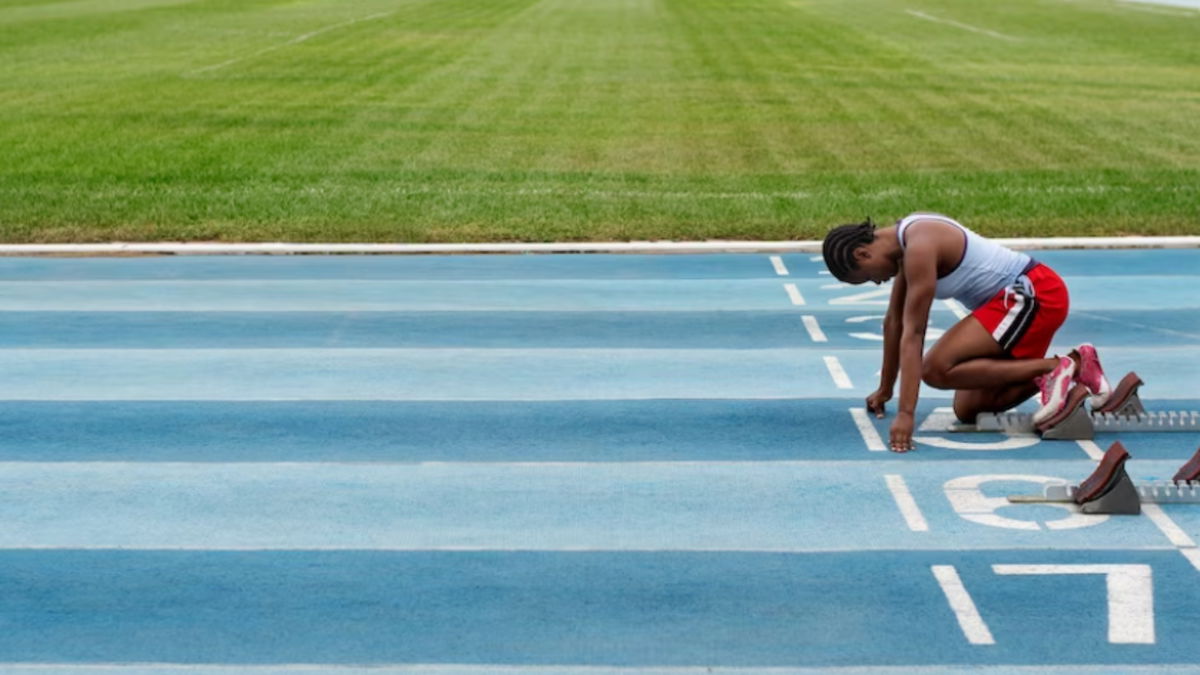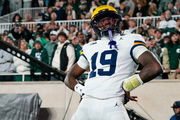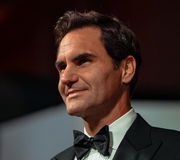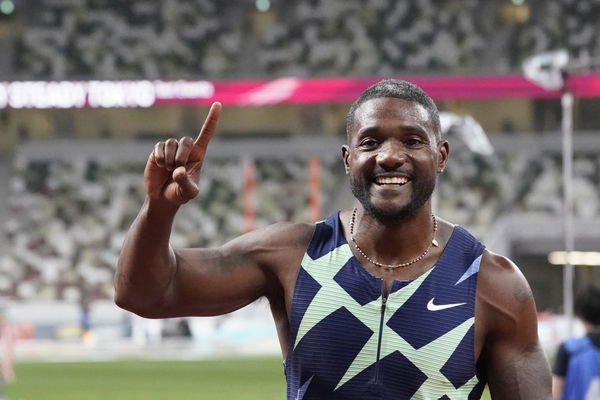

Endorsement deals are defined by social norms as exposing “too good to be true praises in exchange for a good sum of money.” Since a long time ago, pro athletes have been associated with athlete endorsements. Over time, more sports—particularly those in the track and field and Olympics—were drawn in by sponsorship prospects. Whether or not there was a brand match between the endorser and the preached product, brands typically sided with popular personalities.
Watch What’s Trending Now!
Now, it seems like deals between athletes and sports brands with multimillion-dollar contracts include stringent tradeoffs making it a ‘take it or leave it’ scenario. Hence, track and field agents were called out by furious Olympic sprinter Justin Gatlin for his apparent concern for athletes’ interests.
ADVERTISEMENT
Long staple endorsement deals under attacked
Justin Gatlin was part of a controversial sponsorship deal with Nike. Given that Gatlin has already received two bans from his sport due to doping, the US sportswear company’s move called out over questionable “moral framework.” Now, the Olympic gold medalist took to X(via @justingatlin) to talk about how track and field agents impact the endorsement for recently turned pro athletes, accompanied with the caption, “Half truths and hidden agendas.”
Half truths and hidden agendas 😤 pic.twitter.com/Ww2qAa1Me7
— Justin Gatlin (@justingatlin) May 2, 2024
In the 00:59s of the “Ready Set Go” podcast clip, Gatlin said, “When you have athletes who don’t have the knowledge of understanding their contract and their finances and is perpetuated by these agents who are pressing you with half-truths and saying things like, Oh, you have no choice but to sign with Nike. Oh, you have no choice to sign with Adidas, not realizing, that those agents have a relationship with those shoe companies.”
ADVERTISEMENT
He further zoomed on the agent’s involvement and explained, “They don’t want to create turbulence in their relationship with those shoe companies because you’re just one athlete that they are gonna have for the next decade or more. They are thinking about their own interest, and they are thinking about your interest being temporary.”
Top Stories
Greg Biffle’s $4M Worth Prized Possession Still Without a Buyer Leaves NASCAR Fans Heartbroken

LIV Golf Braces for Another Possible Exit in Wake of Brooks Koepka Departure

Sean Payton Announces Retirement Plans as Broncos HC Demands Improvement From Bo Nix & Co. Before Playoffs

Biff Poggi All But Confirms Bryce Underwood’s Michigan Future After Announcing His Own Departure

Roger Federer Draws Criticism from Swiss Government Chief for Tourism Boom in Country

Amanda Balionis Confirms New Relationship Ending Months of Rumors


Getty
TOKYO, JAPAN – MAY 09: Justin Gatlin of the United States poses for photographers after winning the Men’s 100m final during the Ready Steady Tokyo – Athletics Olympic test event, part of the World Athletics Continental Tour at the National Stadium on May 09, 2021 in Tokyo, Japan. (Photo by Toru Hanai/Getty Images)
The Independent reported Gatlin was booted by Nike in 2006 after being banned for testing positive for testosterone, yet the company decided to take a calculated risk before the 2016 Rio Olympics in an attempt to capitalize on the situation and commoditize it. Even though Gatlin opposes the athletics sponsorship deals, here’s how other sports athletes stand against the perspective with examples.
ADVERTISEMENT
Is it a track-and-field-only issue?
In general, other athletes can negotiate endorsement contracts with brands and products that complement their own principles and personal brand. To negotiate a contract, they might approach companies directly or collaborate with an agent or agency. Some brands even go so far as to embrace the human side of their athletes to achieve the genuine engagement that athletes bring to collaborations. Athletes have used their personal brand power to their advantage.
ADVERTISEMENT
Simone Biles withdrew from the 2020 Tokyo Olympics citing mental health, while tennis player and Olympic torchbearer Naomi Osaka walked away from the French Open; their sponsors did not desert them. Thus, there are a lot of variables at play here. Even after quitting track and field, Justin Gatlin is still very involved in the sport and often uses his enormous social media following to give back to the community. Do you agree on the audience’s responsibility here to make an informed decision on these issues, though?
ADVERTISEMENT
ADVERTISEMENT
ADVERTISEMENT

